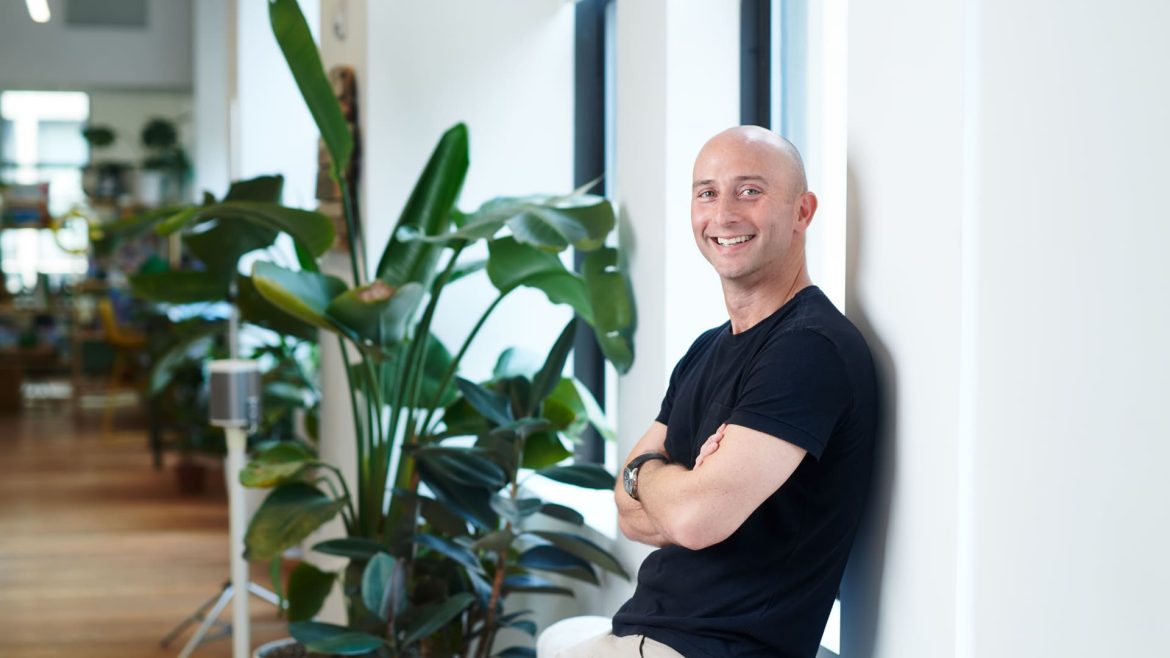How Michael Kirban’s rivalry with Zico and Coca-Cola made his company Vita Coco triumphant
Back in 2009, the world shook for Michael Kirban, the co-founder of The Vita Coco Company, when he found out that rival company Zico had made a deal with Coca-Cola, threatening the integrity and market share of Vita Coco.
The first thoughts that crossed his mind as he found out the news were ‘Holy s—, we’re dead.’ This came as a shock to him and his team, and they needed a plan to keep things going.
A behemoth in its own right
The rivalry between Vita Coco and Zico was fraught and tense. The question facing Kirban and his co-founder was, whether to look for their own big-money partner or to fight the behemoth Coca-Cola on their own. They chose to go against the odds and stand their ground.
Today, Vita Coco is worth $1.6 billion, commanding almost half of the U.S. market share for coconut water. This is in stark contrast to Zico, which failed to differentiate itself under Coca-Cola’s wing, and was reacquired by its founder in 2021.
Stunned and determined
When Kirban learned of Coca-Cola’s deal with Zico, his reaction was one of shock. Instead of giving up, he took out a bottle of whiskey and had a cigar in the bathtub, and started thinking. He said the situation went from “Holy s—, we’re dead” to “Holy s—, let’s go and beat the s— out of them.”
Kirban has expressed such confidence that can be perceived as self-delusion. For him, at times, self-belief is necessary to achieve success. When faced with setbacks, one should maintain belief that they can accomplish their goals.
Beating Goliath
Kirban maintained a game plan of fighting. He was introduced to Madonna’s manager, Guy Oseary, and they struck a deal where several influential figures endorsed the drink. Another significant partnership was formed with the third-largest North American beverage group, which was crucial to building the coconut water category.
Kirban reflected on the crucial moments of Vita Coco’s success, highlighting the role of luck and the way he focuses on inflection points to drive the business forward. Even though many aspects of success come down to timing and luck, the moments to create opportunities are also key. The interview was concluded with Kirban saying that if he could go back to speak to himself, he wouldn’t saying anything, because if he did, he probably wouldn’t be as successful if he were too confident.
